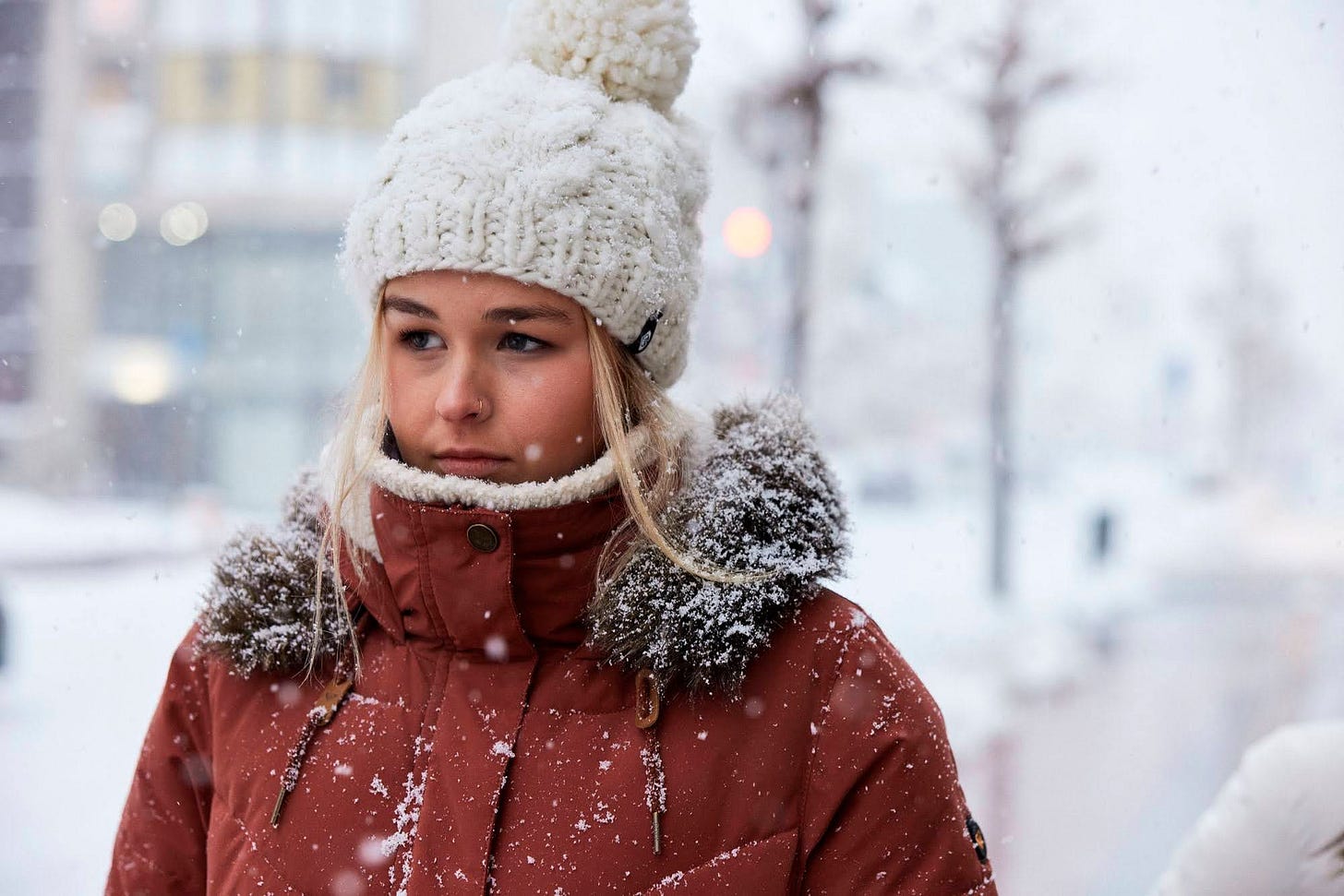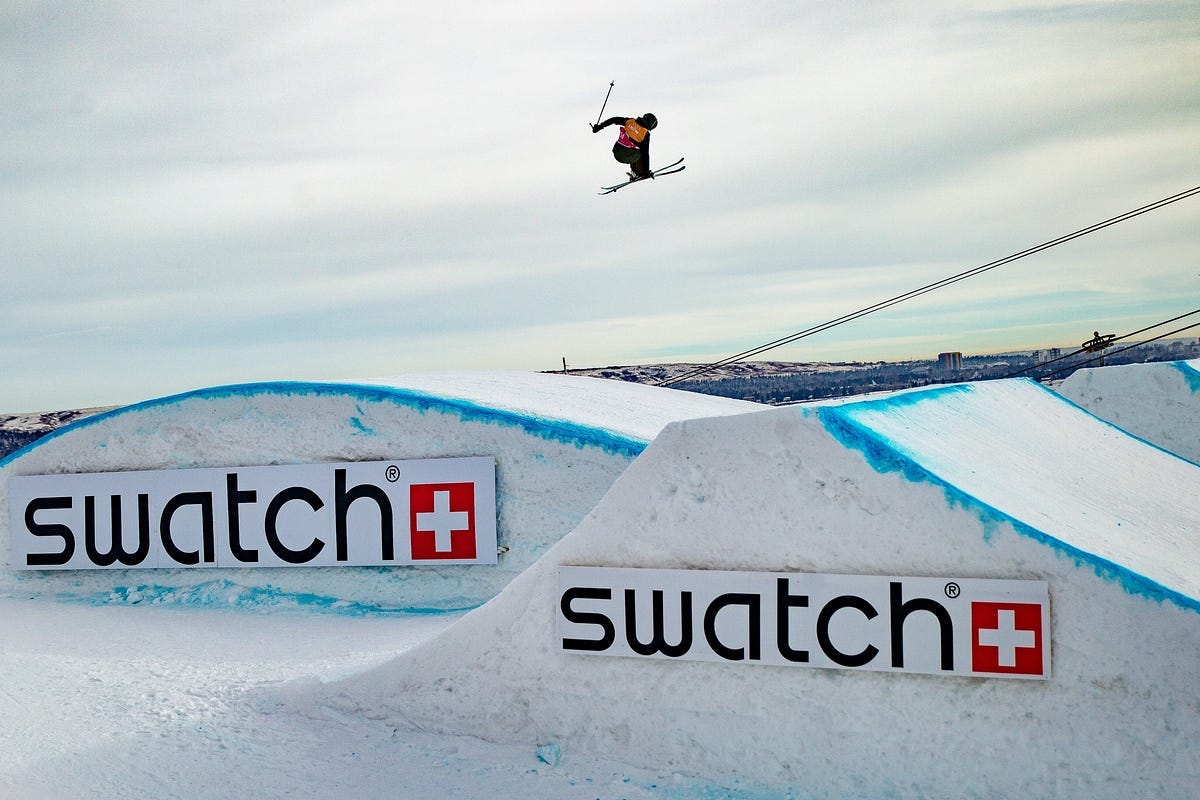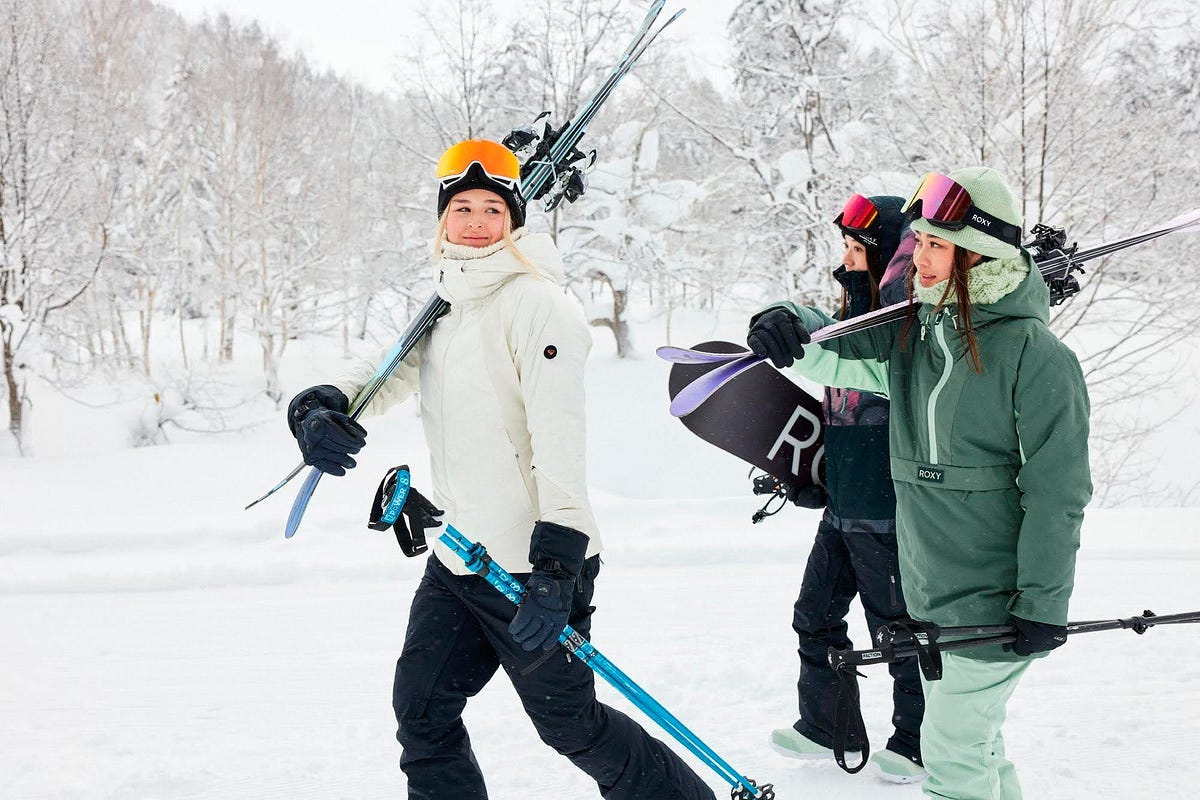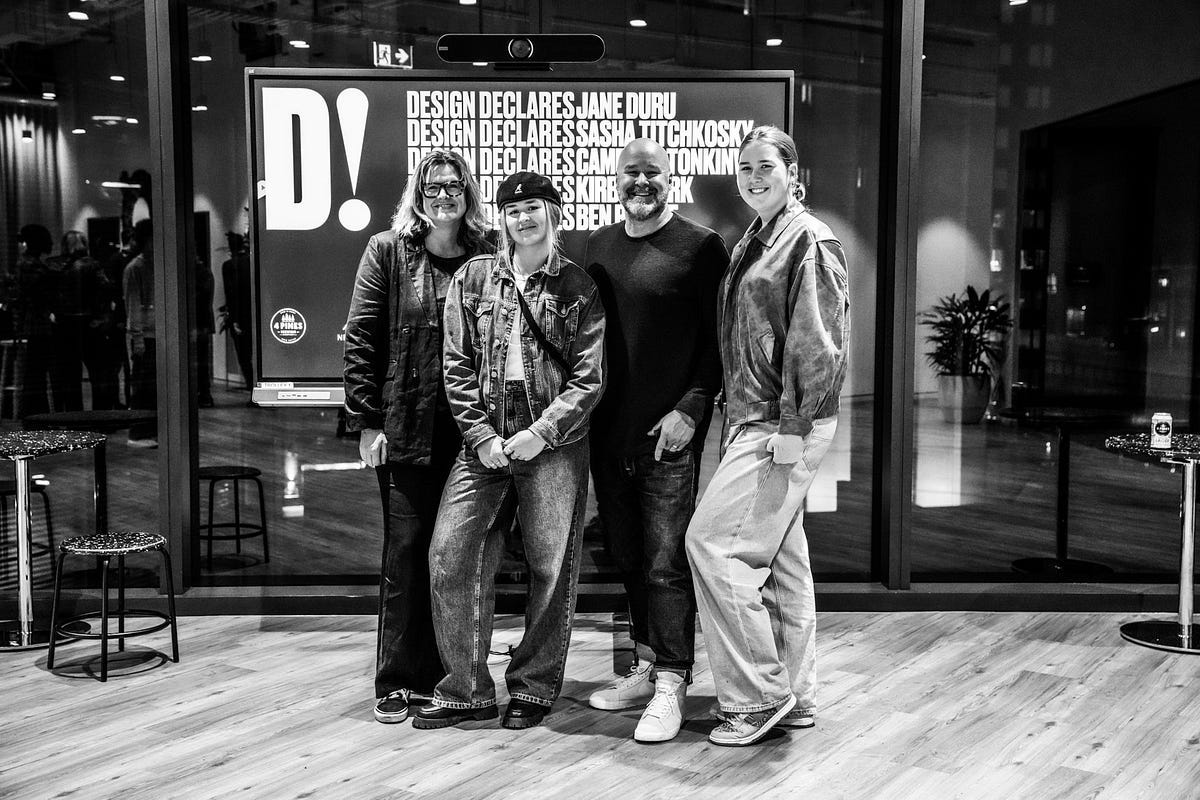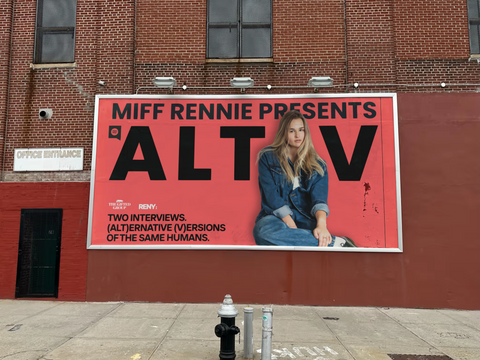
I’ve Been a Dad for 21 Years: Here’s What That Taught Me.
I didn’t consider myself creative in any capacity until my 30s, and the idea of writing a book surfaced in my 40s. Now, at 49, I’m still…
I didn’t consider myself creative in any capacity until my 30s, and the idea of writing a book surfaced in my 40s. Now, at 49, I’m still wrestling with making my company work after 15 years. Then, life presents a poignant reminder of the swift passage of time — my daughter Miff turns 21.
Suddenly, I find myself reflecting.
Sure, my journey through sports, academic struggle street, and business (also a struggle) shaped my creative and personal development. But what transformed me the most was becoming a dad—raising three clever little humans with a partner I love in the places I adore (Nature).
The day Miff was born marked the beginning of my journey into the depths of fear (or terror) and fulfilment that being a parent can bring. Strapping your newborn into a car seat for their first journey home is terrifying yet gratifying. Terror and gratitude are my two most common emotions when raising kids. 21 years later, I reflect on the lessons that two decades of parenting terror and happiness have taught me.
Miff, born Mia Scarlett Rennie, arrived with a bold spirit and a fearless heart. As a dad of three—Mia, 21, Kai, 18, and Pip, 15 — I’ve seen how distinctly different each child is, shaped by the varied versions of their parents they each experienced on our evolving journeys of discovery and learning. Despite their differences, a steadfast thread of love and support weaves through their relationships, a testament to their bond.
From the moment Miff could walk, She was irrepressibly brave (thanks, Gramarly, for the word here — irrepressibly, love it). My digital photo archives of my kids—over 15,000 images strong—chronicle her childhood of daring feats and the inevitable scrapes and bruises that followed. She climbed rocks fearlessly and dove into the ocean without hesitation. During my first triathlon, I vividly remember watching her jump from a park bench to cheer for me, only to tumble onto the concrete and chairs below. Today’s scars on her face and body are badges of her undying spirit.
Skiing soon became Miff’s canvas for her audacity. As a youngster, she didn’t just ski; she soared off jumps, her ambitions growing alongside the 60ft jumps she tackled. By 14, her journey led her to the Freeski Junior World Championship in Cardrona, New Zealand. I’ll never forget the words of Toppa, the Winter Olympic Ski coach, during that icy, windswept competition. The top young skiers hesitated at the top of the daunting 70ft Big Air jump during training. No one stepped forward to “Guniue Pig” the jump (The first to go). Miff boldly declared, “I’ve got this” (at 14, standing alongside the world’s top 30 men under 20-year-old skiers and top 30 women), Miff plunged down to run in. Toppa later told me, with terror and pride, “I saw her flying towards the jump Ben with so much speed, she hit the jump and went sailing, overshooting it by at least 20 feet, she landed in the flat of the landing and catapulted out of her skis, and she went crashing through the safety fencing and into the onlooking crowd. It was terrifying. I thought she had broken every bone in her body, but she just got up, shrugged, and said, ‘Someone had to go first.’” The reward is a sprained ankle!
Skiing has dished up its fair share of injuries and setbacks — broken collarbones, torn knees, a fracture in her back, multiple concussions — but like a warrior, she returns to the slopes. Her journey mirrors the trials and triumphs of my business endeavours — full of bumps, bruises, and learning curves.
Parenting has broadened my perspective, and I have learned resilience, bravery, and the honesty required to confront life’s challenges. Observing friends who have chosen paths different from mine — particularly those excelling in their careers without parenting responsibilities — I sometimes envy their freedom. Their abundant energy, which they channel into their passions and service to others, is truly inspiring.
However, despite the allure of such freedom, I cherish the complex fulfilment that comes from my relationships with my children and my wife, Nicola. Though sometimes challenging (and terrifying), these connections enrich me through experiences that shape my understanding of the world and my place within it.
As I approached my 40s, I reflected on milestones with deeper introspection. I began writing about “leaning in,” “stepping aside,” and creativity. This journey has deepened my appreciation for the nuanced wisdom of age, highlighting the importance of slowing down, learning more effectively, and loving more deeply. These insights have shaped my understanding of life and its inherent beauty, grounding me in what matters — my relationships with my people.
Parenting requires practice. The concept of practice involves consistent effort, learning from mistakes, pushing our limits, and, most importantly, finding satisfaction in our progress. Practice transcends repetition; it’s an energetic endeavour that opens us up, revealing our inner selves. The more actively we engage in practice, whether it’s through writing, skiing, or making music, the more we discover about ourselves. These activities teach us how to infuse our lives with meaning and purpose — delivering meaningful revelations.
When parents are committed to lifelong learning, their kids also foster a similar passion for knowledge in the next generation. Over time, kids enjoy learning, and as they grow, they seek mentors and role models beyond their parents, who have carved their paths with ambition and purpose.
By observing and emulating, kids discover their unique voices and learn to view the world through their unique lenses. This dedication to personal growth is the simplicity of just showing up, even when enthusiasm wanes. Every gym, school, meeting, or school visit is an active pursuit of growth, a gateway to connecting with their aspirations and the journey of self-discovery and achievement.
This might seem straightforward, but it's not really. To lead a fulfilling life, whether in sports, athletics, or creative endeavours, we must consistently engage and practice and keep learning, evolving, competing, and expressing ourselves.
However, the moment an individual steps onto the playing field hits the courts or ski slopes or navigates their creative environment, they venture into uncharted waters. They transition from spectators to principal actors in their own stories. They’re no longer just participants in sports or creators of art; they’re at the forefront, experiencing the profound thrill of pushing their limits and exploring their capabilities. This shift is not just about performance or creation; it’s about personally embracing life’s challenges and joys.
I suffer from self-doubt and self-delusion. I am sure Miffy does, too. I wrote an article about it here. We all have that internal critic who sits on our shoulder whispering to stop, to quit, to pivot, the one that seems to speak loudest right when we’re about to take a big step — a new event, competition or picking up a new hobby. Why does this voice of self-doubt and sabotage appear in our moments of bravery?
Steven Pressfield calls this voice “The Resistance.” It is an invisible barrier between our aspirations and the actions needed to realise them. How often have we found ourselves staring blankly at an empty document, waiting for it to fill itself, especially when, just days before, we were brimming with ideas?
In his essay, “Resistance = Fear,” Pressfield encapsulates this struggle through the lens of primal human emotion:
“Artists and warriors are defined by the fundamental emotion of fear. Fear halts us at the onset of our projects, disrupts our progress amidst challenges, and even when completion is within reach. We’re afraid of succeeding, failing, and being truly seen.”
Engaging in any practice is daunting because it demands effort. Resistance, fueled by fear, is vigilant.
Four years ago, after an arduous journey to qualify for the Winter Olympics in Beijing, she ranked among the top 30 freeskiers. But just three weeks shy of Olympic announcements, during a competition in Chur, Switzerland, Miff blew her knee. A torn meniscus, ACL, and PCL. This blow forced her to miss the Beijing Olympics.
However, Miff’s story didn’t pause there. Channel 7 approached her to present the Freeski events for the Olympic Games as a commentator in Channel 7’s studio. From the commentary box, she shared personal anecdotes and professional insights about the athletes she had trained and competed with over the past four years. Although it wasn’t the role she envisioned at the Olympics, it offered a unique perspective and new growth opportunities.
Our paths take unforeseen turns yet still lead us to profound places. The idea of ‘making it’ in sports, or any field, extends beyond reaching a final goal — it’s about embracing the journey, learning from each setback, and continually pushing forward. As my favourite athletes like Serena Williams, Coco Gauff, Eileen Gu, Valentino Guseli, and Aryna Sabalenka have demonstrated, the true essence of success is not found in a single achievement, it is in the resilience and persistence they learn along the journey.
As Miff celebrates her 21st birthday, it’s easy to think this reflection centres around her. But I am writing about something else. I am writing about love — the kind that helps us through stress, pain, and setbacks. Why do we persist? We persist because of love. If we didn’t love it, we wouldn’t — and shouldn’t — do it.
Growing up, we’re often told, “Practice makes perfect.” I’ve seen this as a flawed mantra, leading us to an ever-shifting goalpost. The more we practice, the further perfection eludes us… it's always moving away from us; it needs to; otherwise, we don't need to practice (if we achieve perfection). It’s not about practice making perfect; it’s about showing up and doing what you love with those you love in the places you love (I know, that’s a lot of love!). This approach might not bring us to perfection, but it guides us closer to our unique version of it.
For me, that place, near perfection, is my children and my family. I don’t expect them to be perfect — I want them to know it’s okay to fall short. Often, it’s in the shortfall where we land in places we never anticipated, the places we might have needed to be all along.
This understanding renders life meaningful. It consistently gives us new insights about who we are and why we’re here, making every bit of pain and all the joy that comes with it worthwhile. It’s not just about enduring the journey — it’s about cherishing it for all it teaches us about love, life, and the paths we choose (or don't choose).
21 years of being a dad have taught me a simple truth: whilst I am far from a perfect dad, I am Miff’s, Kai’s and Pip’s dad, and they are my kids, and if nothing else, that is all I ever need to fall back on!

